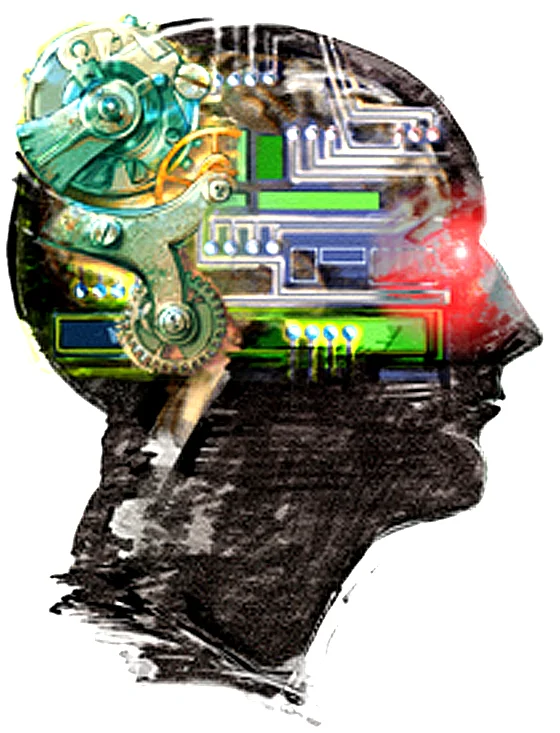Two weeks ago the Pew Research Center and Elon’s Imagining the Internet Center published a survey of responses from technologists, scholars, strategic thinkers and educational leaders in the postsecondary world to the following question:
“In the next 10 years, do you think we will see the emergence of new educational and training programs that can successfully train large numbers of workers in the skills they will need to perform the jobs of the future?”
1,408 responded; their full set of responses can be found here. While 70% of the responses were positive, the remaining 30% were somewhat pessimistic about the ability of the labor market to be retrained and work collaboratively with artificial intelligence (AI) and Robots. Such musings elicited articles like Danielle Paquette’s Workblog in the Washington Post entitled, “Bosses Believe your Work Skills Will Soon be Useless.”
The responses were then categorized into themes. The 5th theme is that technology will so overwhelm workers and dominate the work environment that there will be massive socio-economic distress that will not be mitigated by training. These responses ranged from, “Seriously? You’re asking about the workforce of the future?” opined an anonymous science editor, “As if there’s going to be one?” to Jason Hong, a Carnegie Mellon associate professor in the Computer Science School, “Even assuming that the political will (and budget) existed, there’s no platform today that can successfully train large numbers of people.”
While MOOCs and other online classes continue to have high dropout rates, Elon Musk unveiled his next venture, Neuralink. Its focus is on implanting devices in the human brain to help humans merge with software and thereby constantly stay up-to-date with the latest advances in artificial intelligence. Although this is more science fiction than science at this point, never underestimate the efforts of the man who founded Tesla and SpaceX.
The 4th theme claims that, ‘within the next decade, education systems are not capable of adapting to training the new skills likely to be most prized in the future.’ There is a lack ‘of political will’ and allied funding to drive the necessary retraining. According to Calton Pu of Georgia Tech, “…the challenge is not only to teach skills, but also how to adapt and learn new skills.”
Theme 3 states new credentialing systems will arise as more people become self-directed learners. Self- directed learning requires a lot of internal motivation. Interestingly, an article by Aline Lerner, who analyzed the results of 3000 tech interviews for software engineering positions, discovered the one factor that impacted the candidates’ technical interview performances was whether they had recently taken an Udacity or Coursera course: keeping skills current requires ‘abnormally driven’ workers. This determination will be pivotal over the next decade and beyond.
While the technical skills such as programming are invaluable, theme 2 stresses that it’s essential to build up the soft skills as well: curiosity, initiative, emotional intelligence, and leadership are always in short supply.
Lastly, the first theme incorporates expanding upon the existing ‘training ecosystem’. Jim Hendler of RPI’s Computer Science department added that colleges will be “more focused on teaching students to be lifelong learners, followed by more online content, in situ training, and other such [elements] to increase skills in a rapidly changing information world.”
The world was even changing rapidly in 1899 when Elbert Hubbard published his pamphlet, ‘Take a Message to Garcia.’ It tells of Colonel Rowen during the Spanish American War, who was given a message to take to Garcia encamped somewhere in Cuba. Rowen didn’t stop and ask dozens of questions; rather, he took his own initiative, found Garcia and gave him the message. There is no substitute for initiative and drive.
Over the next decade the world of work will require as much drive and determination as the Pew Research survey indicates. The hallmarks of flexibility, self-awareness, self-training and initiative will be required, but then they always have been.

